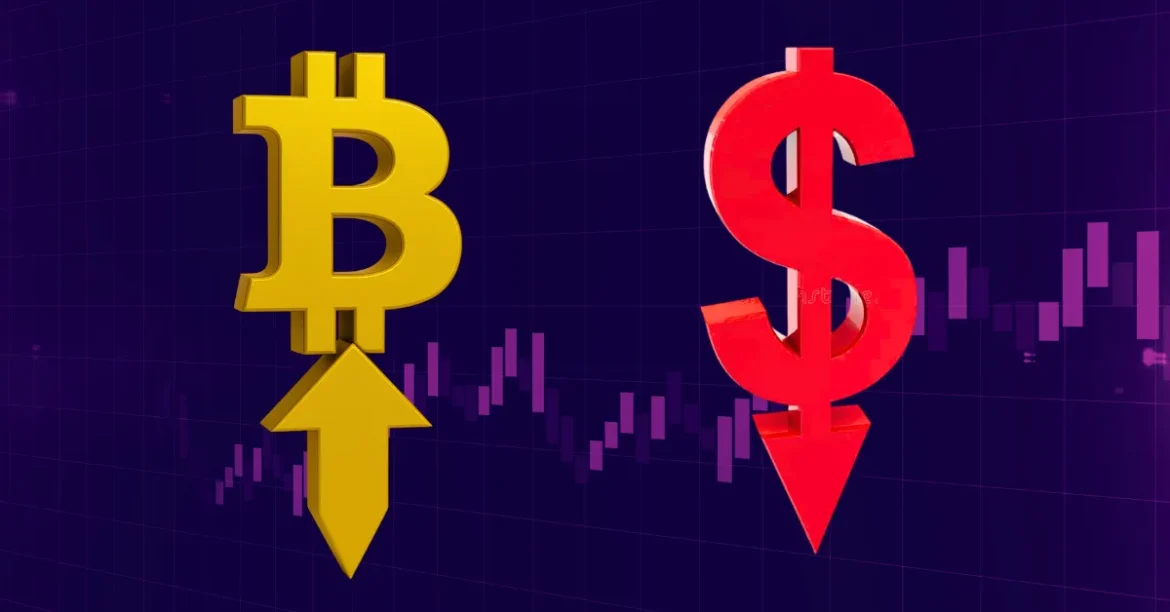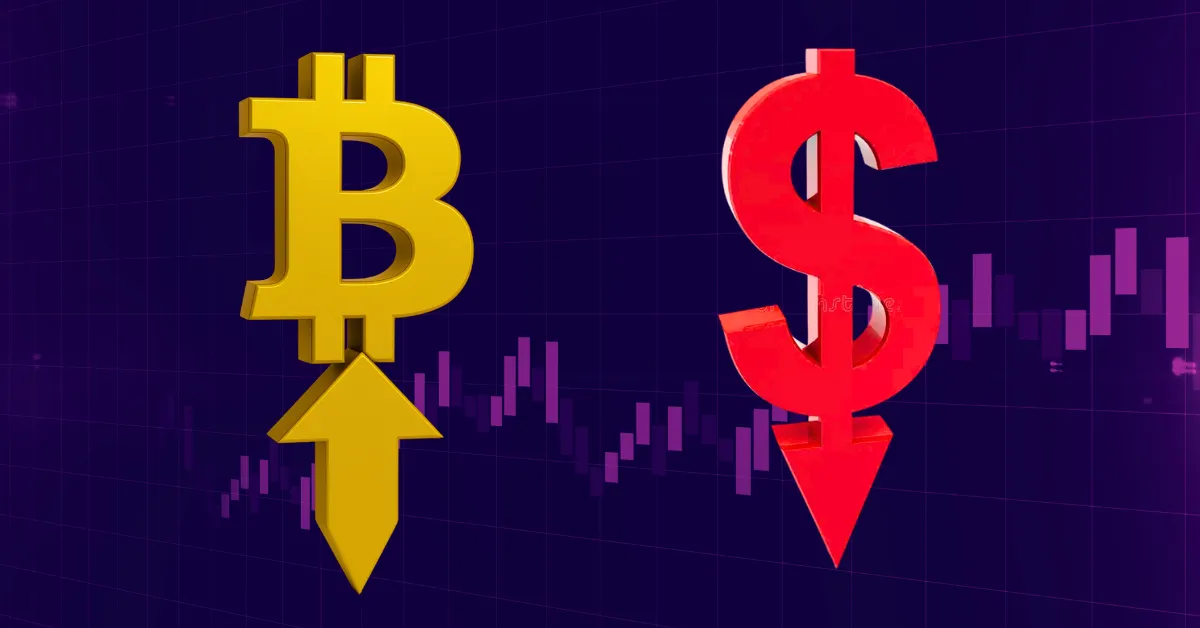JPMorgan’s Evolving Bitcoin Stance: From Skepticism to Client Access
Introduction
JPMorgan Chase, led by CEO Jamie Dimon, has long been known for its critical stance on Bitcoin and cryptocurrency. Dimon, in particular, has repeatedly labeled Bitcoin a “fraud” and “Ponzi scheme,” warning of its risks and expressing deep skepticism about its value and legitimacy. However, despite this vocal opposition, the bank itself has been making significant moves toward embracing digital assets and blockchain technology. The recent announcement that JPMorgan will allow its clients to buy Bitcoin marks a notable pivot, reflecting broader shifts in institutional attitudes toward cryptocurrency.
Dimon’s Contradictory Relationship with Bitcoin
Jamie Dimon’s public comments have often been harsh, calling Bitcoin “stupid” and threatening to fire employees caught trading it during its early days. He has criticized Bitcoin as a tool favored by criminals and fraudsters, highlighting concerns about money laundering, sex trafficking, and ransomware. His stance not only reflected personal skepticism but also aligned with concerns about regulatory clarity and the volatility of crypto markets.
Yet, despite the tough talk, JPMorgan as a financial institution has quietly expanded its crypto operations substantially. The bank’s digital assets unit has tripled its headcount over recent years, and JPMorgan handles approximately $1 billion a day in blockchain transactions, illustrating an embrace of blockchain technology’s potential benefits even as Dimon’s rhetoric remained critical.
Transition to Allowing Bitcoin Purchases by Clients
The announcement at JPMorgan’s annual investor day signaled a clear shift: while Dimon himself remains skeptical and does not endorse Bitcoin personally (“not my cup of tea”), the bank will now permit its wealthy and institutional clients to purchase Bitcoin. This move is significant as JPMorgan is the largest U.S. bank and a key player in global finance, so its decision to allow Bitcoin investments effectively normalizes cryptocurrency access within mainstream banking.
It’s important to note, however, that JPMorgan will not offer custody services for Bitcoin. This means clients can buy Bitcoin through the bank but must store it via other means, signaling a cautious step rather than full integration. This allows JPMorgan to satisfy client demand for crypto exposure without directly managing the associated risks of custody.
The announcement also came with caveats. Dimon acknowledged Bitcoin’s presence in the market and recognized customers’ interest but stopped short of endorsing it as a sound investment. This ambivalence reflects the complex dynamic for traditional banks balancing innovation with regulatory concerns and risk management.
Wider Implications for Crypto and Banking
JPMorgan’s move carries substantial industry implications:
Conclusion: Navigating a New Crypto Landscape
JPMorgan’s decision to permit client Bitcoin purchases amid Jamie Dimon’s ongoing skepticism reveals the evolving landscape at the intersection of finance and digital assets. It underscores how financial institutions, even those led by critics, must adapt to the growing mainstream demand for cryptocurrency exposure while managing their internal risk and compliance frameworks.
This moment points to a pragmatic approach: embracing client needs and technological advancements without fully endorsing the asset class. JPMorgan’s shift is a bellwether for other legacy banks balancing innovation versus tradition, risk versus opportunity. While Dimon’s rhetoric may remain critical, the bank’s actions acknowledge that cryptocurrency is now too influential to ignore—a sign that Bitcoin and blockchain technologies have indelibly entered the financial mainstream.





